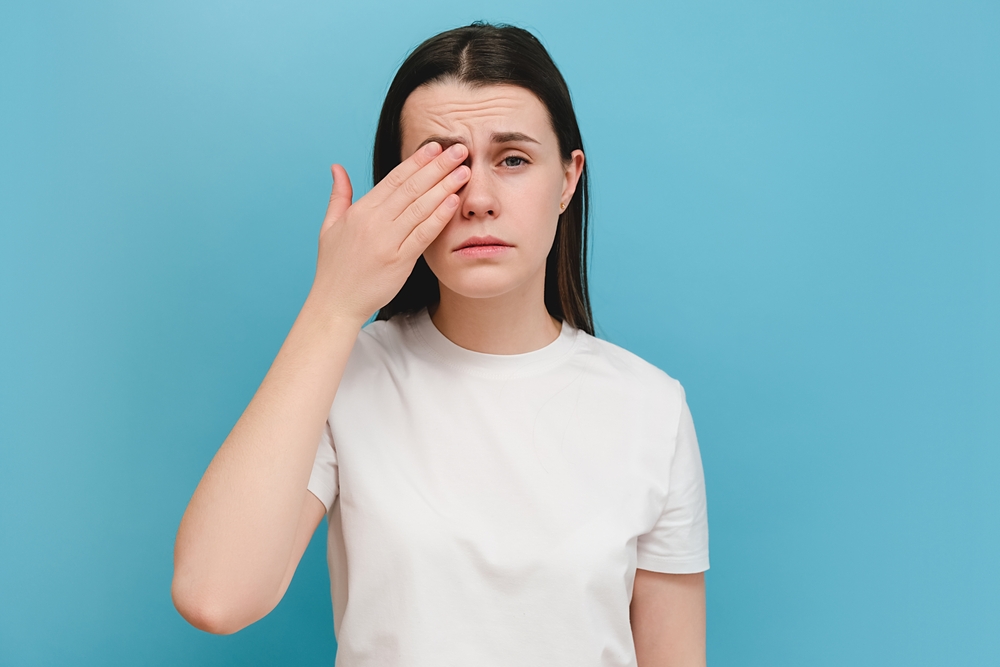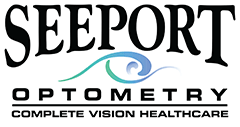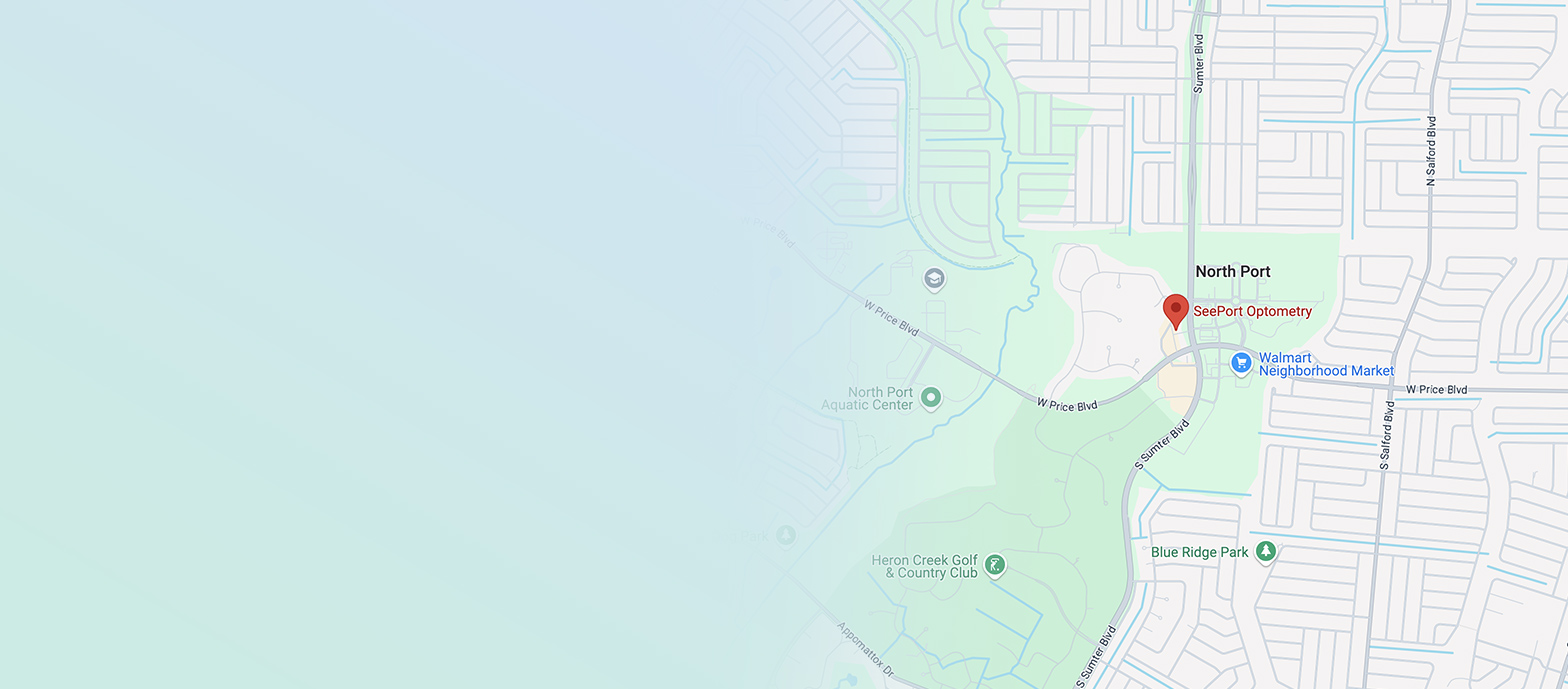
Dry eye syndrome, also known as dry eye disease, is where the eyes produce very few tears or the tears evaporate too fast. Dry eye syndrome can lead to more severe vision problems and even permanent vision loss if left untreated.
Symptoms
The symptoms of dry eye syndrome can vary in severity and may include the following:
Dryness - The most common symptom of dry eye syndrome is a feeling of dryness or grittiness in the eyes.
Discomfort - People with dry eye syndrome may experience discomfort or irritation in the eyes.
Redness - Dry eye syndrome can cause the eyes to become red and inflamed.
Blurred vision - Dry eye syndrome can cause the tears to evaporate too quickly, and you may experience blurred vision.
Light sensitivity - Some people with dry eye syndrome may experience sensitivity to light or glare.
Watery eyes - Paradoxically, dry eye syndrome can also cause the eyes to produce excess tears to compensate for the dryness.
Diagnosis of Dry Eye Syndrome
Several tests can diagnose dry eye syndrome. The most common test is the Schirmer test, which measures the number of tears produced. A small strip of filter paper is placed under the lower eyelid.
Your eye doctor will ask you to close your eyes for a few minutes while the doctor measures the number of tears produced. Other tests that may diagnose dry eye syndrome include the tear breakup time test, which measures how long it takes for the tears to evaporate, and the fluorescein dye test, which helps identify areas of the eye that are not adequately lubricated.
Causes of Dry Eye Syndrome
Several factors can contribute to dry eye syndrome:
Age - As we age, the production of tears naturally decreases, which can lead to dry eye syndrome.
Gender - Women are more likely to develop dry eye syndrome than men, especially during menopause.
Medications - Certain medications, such as antihistamines, decongestants, and blood pressure medications, can reduce the production of tears and lead to dry eye syndrome.
Medical conditions - Certain conditions, such as Sjogren's syndrome, rheumatoid arthritis, and lupus, can cause dry eye syndrome.
Environmental factors - Dry or windy conditions and using the computer for a long time can contribute to dry eye syndrome.
Treatment of Dry Eye Syndrome
Artificial tears can help lubricate the eyes and relieve dry eye symptoms. Your doctor may prescribe eye drops that contain more concentrated lubricants if artificial tears are ineffective. Punctal plugs can also help. These silicone plugs are inserted into the tear ducts to prevent tears from draining away too quickly.
Your eye doctor can also recommend LipiFlow® treatment. It involves using heat and gentle pressure to unblock the glands that produce tears. Certain nutritional supplements, such as omega-3 fatty acids, may help improve the quality of your tears.
Prevention of Dry Eye Syndrome
Drinking plenty of water can help keep the eyes moist. Using a humidifier can help add moisture to the air, which can be especially helpful during the winter months when the air is dry. Blinking helps spread the tears over the surface of the eye and can help prevent dryness. Thus, remember to blink frequently. Take breaks from the computer.
Wear sunglasses to protect your eyes from wind and dry air, which can contribute to dry eye syndrome. Avoid smoking as it can decrease the production of tears and lead to dry eye syndrome.
For more about dry eye syndrome, visit SeePort Optometry in North Port, Florida. Call (941) 876-4400 to book an appointment today.








